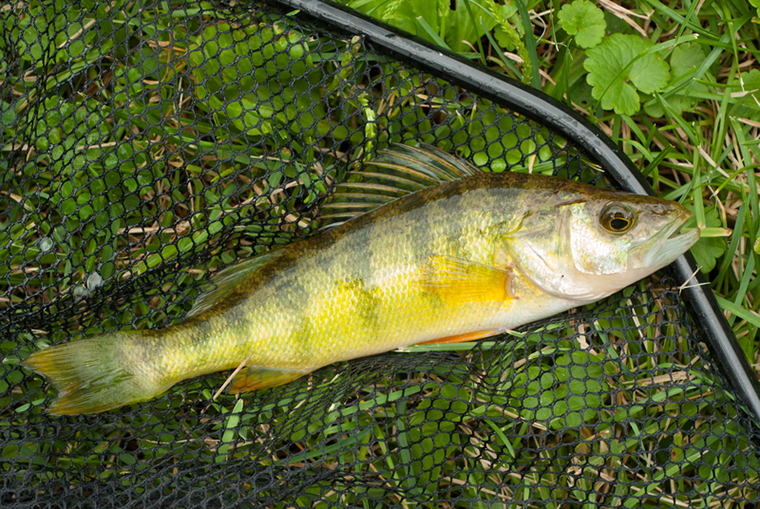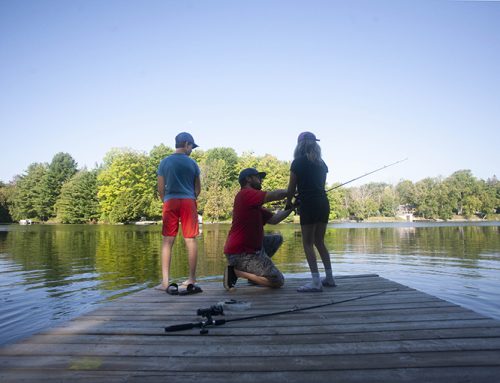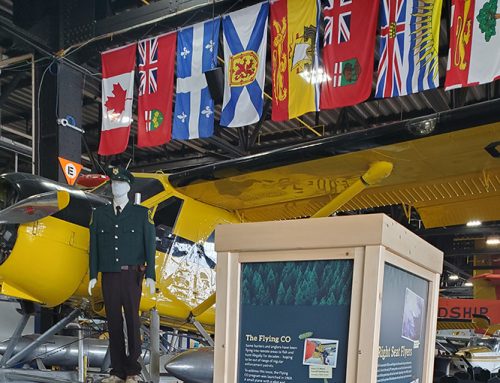
Wildlife was not affected by an approximately 95-litre diesel fuel spill at Imperial Oil’s Nanticoke refinery Sunday night, a Ministry of the Environment, Conservation and Parks spokesperson told The Hamilton Spectator on Tuesday.
Some of the fuel that leaked from a valve entered Hickory Creek – near Peacock Point on Lake Erie – and a nearby wetland, ministry spokesperson Gary Wheeler told the newspaper.
The mishap happened at the Esso/Imperial dock pipeline near the refinery, company spokesperson Kristina Zimmer told The Spectator.
After workers discovered the leak, vacuum trucks were called in and booms were deployed into the creek, she added.
The valve was repaired and affected soil removed. Ministry staff analyzed water samples and there was no impact to wildlife, Wheeler said. The company must now provide a cleanup plan to the ministry.
Asked if the mishap could impact the local fishery, Ontario Federation of Anglers and Hunters (OFAH) Fisheries Biologist Adam Weir said that potential always exists when a harmful substance enters the water.
The degree would depend on factors including cleanup response time, weather, and water chemistry, he stated via email.
Lake Erie is the fourth-largest of the Great Lakes, by surface area, and home to one of the world’s largest freshwater commercial fisheries, dominated by yellow perch and walleye. It also contains bass, trout, salmon, whitefish, and smelt.
Fuel spills can also impact various levels within the aquatic food chain regardless of the time of year, Weir pointed out. “If not properly addressed, issues could persist in the environment for a long time.”
The biologist highlighted Environment and Climate Change Canada information explaining the potentially-huge impact of compounds.
“If one litre of gasoline can contaminate 1,000,000 litres of groundwater, you could reasonably assume that 95 litres of diesel fuel entering Hickory Creek and a nearby wetland would have an impact,” Weir stated.






Leave A Comment